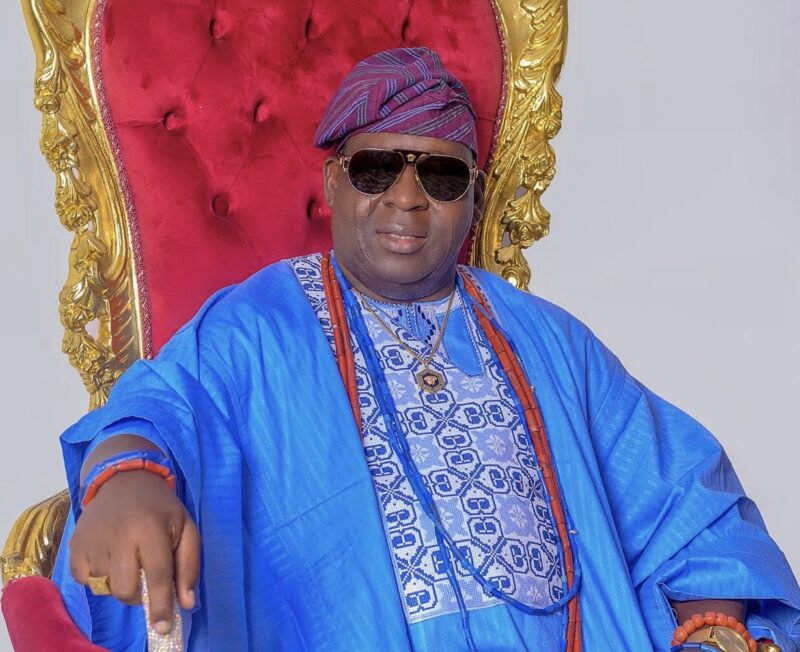While education may persist without qualified educators, it cannot reach its full potential. Qualified educators provide expertise, guidance, and inspiration, shaping students’ learning experiences and fostering critical thinking skills. Their absence can perpetuate inequality and hinder socio-economic mobility. Therefore, supporting and valuing qualified educators is crucial for building a brighter future through education.
Qualified educators are individuals who possess the necessary training, credentials, and expertise to effectively teach and facilitate learning in their respective fields. They typically hold degrees or certifications related to education or their subject, such as a bachelor’s or master’s degree in education, teaching credentials, or specialised certifications. Qualified educators demonstrate proficiency in their subject area, pedagogical techniques, classroom management, and understanding of educational theory and practice. They are committed to ongoing professional development and adhere to ethical standards in their interactions with students and colleagues.
The role of qualified educators stands as a cornerstone for the flourishing of learning environments. While it is conceivable that education could persist without the presence of these knowledgeable mentors, the question that lingers is whether it can truly thrive.
At the heart of any successful education system lies the expertise and dedication of qualified educators. These professionals are not merely conveyors of information; they are architects of inspiration, cultivators of curiosity, and mentors of growth. Their training, experience, and passion infuse the educational journey with depth, purpose, and direction.
In classrooms devoid of qualified educators, the void is palpable. Without their guidance, students may find themselves adrift in a sea of information, lacking the compass necessary to navigate through the complexities of learning. While alternative resources and technological tools can supplement educational experiences, they cannot fully replicate the human connection and personalized guidance that qualified educators provide.
Moreover, the impact of qualified educators extends beyond the transmission of knowledge. They serve as role models, champions of diversity, and advocates for inclusivity. Through their interactions, they instill values, foster empathy, and nurture critical thinking skills essential for navigating an increasingly complex world.
In envisioning an education system without qualified educators, we are confronted with a stark reality—a landscape marked by uncertainty, inconsistency, and missed opportunities. While education may persevere in some form, its capacity to thrive, to inspire, and to empower may be severely diminished.
Furthermore, the absence of qualified educators perpetuates a cycle of inequality. Access to quality education becomes a privilege rather than a fundamental right, widening the gap between the haves and the have-nots. In marginalized communities especially, the presence of qualified educators can serve as a beacon of hope, offering pathways to empowerment and socio-economic mobility.
In conclusion, while it is conceivable that education could endure without qualified educators, the true measure of its success lies in its ability to thrive. Qualified educators are not expendable assets; they are indispensable catalysts for the transformational journey of learning. As we chart the course of education in the 21st century, let us reaffirm our commitment to nurturing and supporting these invaluable stewards of knowledge, for they are the architects of a brighter, more equitable future for generations to come.















